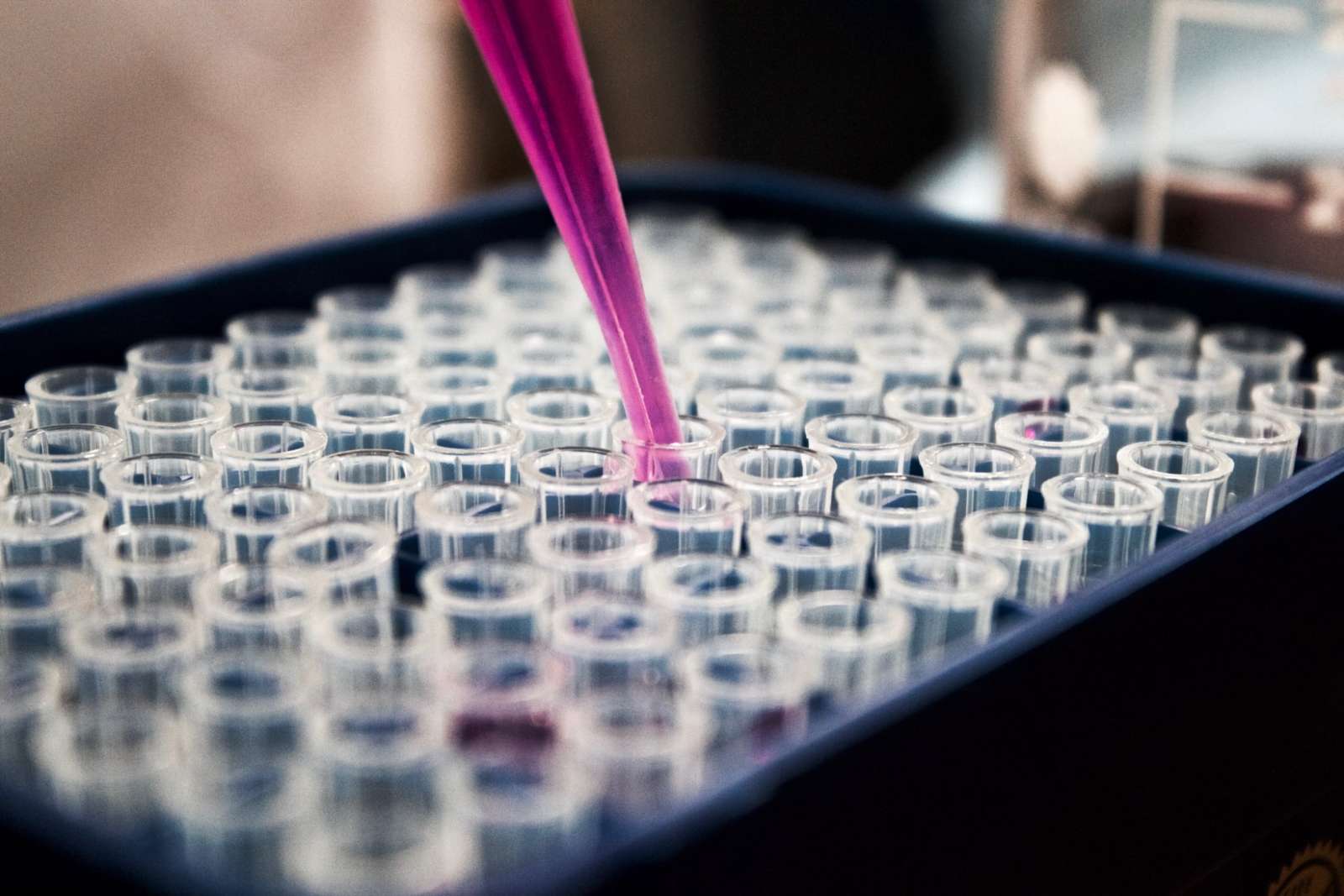Federica Genovese
Meet Federica Genovese, Director of Fibrosis, Renal and Cardiovascular Research. Federica joined the company in 2011, with a background as a PhD in biochemistry and an MSc in biotechnology. At Nordic, she focuses on the biomarker discovery and development of extracellular matrix remodeling in fibrosis.
Introduction
Federica Genovese’s background is in microbiology: during her studies, she worked with genetic characterization of lentiviruses and during her Ph.D., she moved into the field of lactic acid bacteria and the application of these in food safety. At Nordic Bioscience, she uses her strong knowledge and experience with different biochemistry techniques to develop biomarkers and corresponding quantification assays in the field of kidney fibrosis and cardiovascular diseases.
Federica is happy to share her thoughts on her work:
What motivates you about your work at Nordic Bioscience?
When I started at Nordic Bioscience, I found a group of highly motivated scientists that wanted to change the world of biomarkers. This is still true nowadays, with many experienced scientists working alongside enthusiastic master and PhD students that choose to do part of their education in the company. I cherish, that I am able to work with research topics close to my heart, and at the same time supervise several master and Ph.D. students. I believe it is something that is unique to Nordic Bioscience.
Moreover, the awareness that my work can one day contribute to improving the quality of life for people struggling with serious diseases motivates me and helps me maintain the enthusiasm for my field of research.
What is the potential of biomarkers of fibrosis in kidney disease?
Kidney fibrosis is a common characteristic of different forms of kidney disease; therefore, non-invasive biomarkers that describe an active process of fibrogenesis in the kidney can reflect the disease activity, regardless of the initial cause that triggered the disease. During the presence of a high rate of tissue remodeling, fragments of extracellular matrix proteins coming from the kidney connective tissue are released into the blood and urine. We develop the assays to detect and quantify these fragments. One of the initiatives from the kidney team was to develop assays from detection in serum to detection in urine. Since urine is the matrix that is in direct contact with the kidneys, fragments released in urine are more likely to reflect a pathological process in the kidneys. In the end, it is also beneficial to patients.
Could you share a turning point or central moment in your work as a research scientist?
I think the true turning point in my career was when our CEO Morten Karsdal anticipated me to start my own group, focusing exclusively on kidney fibrosis research. At that time, I was a scientist in the fibrosis group, where I was working in lung fibrosis and running a few initial studies in kidney fibrosis. The decision to focus all my efforts and our resources on kidney fibrosis allowed me to dig deep into what the field of nephrology was lacking in terms of biomarkers, and try to find a way to fill that gap. With the help of skilled members of my team, we developed promising prognostic and predictive biomarkers that can identify patients at risk of losing renal function and that in the end will contribute to successful drug development. I believe Morten’s call was timed successfully. It shaped the scientist I am today and I am grateful for this opportunity.

